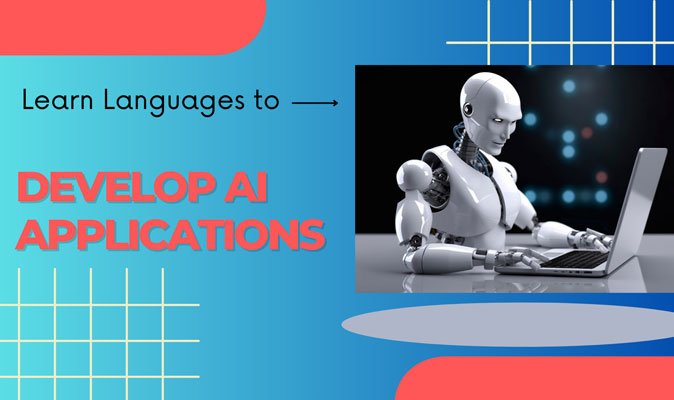The most demanded programming languages to develop AI applications.
The most demanded programming languages for developing AI-based applications can vary depending on the specific requirements, industry trends, and popularity within the AI community. Here are some of the most in-popular programming languages for AI application development:
Python
Python is widely regarded as the go-to language for AI development. It has a vast ecosystem of libraries and frameworks such as TensorFlow, PyTorch, scikit-learn, Keras, and NumPy, which provide extensive support for machine learning, deep learning, natural language processing (NLP), and data analysis. Python's simplicity, readability, and strong community make it highly popular in the AI field.
R Language
R is a programming language specifically designed for statistical computing and data analysis. It offers a comprehensive collection of packages and libraries for statistical modeling, data visualization, and machine learning. R is commonly used in academic and research settings for AI applications involving data-centric analysis.
JAVA
Java is a widely used general-purpose programming language with a large ecosystem and robust community support. It is known for its scalability, platform independence, and performance. Java-based AI frameworks like Deeplearning4j and Weka provide machine learning and AI capabilities, making Java a preferred choice for enterprise-level AI applications.
C++
C++ is a high-performance language that offers low-level control and efficient memory management. It is commonly used for computationally intensive AI tasks and working with large-scale datasets. Libraries like TensorFlow, OpenCV, and Caffe have C++ interfaces, making C++ popular for optimizing AI applications.
Julia
Julia is a relatively new programming language designed for high-performance numerical computing and scientific computing. It combines the ease of use of dynamic languages like Python with the speed of statically-typed languages like C++. Julia's speed and expressive syntax make it increasingly popular in AI development.
JavaScript
JavaScript is primarily used for web development, but it has gained traction in AI through frameworks like TensorFlow.js. TensorFlow.js enables running AI models directly in the browser, making JavaScript a viable option for AI applications with a web-based focus.
The most demanded programming languages to develop AI applications. Read More »


